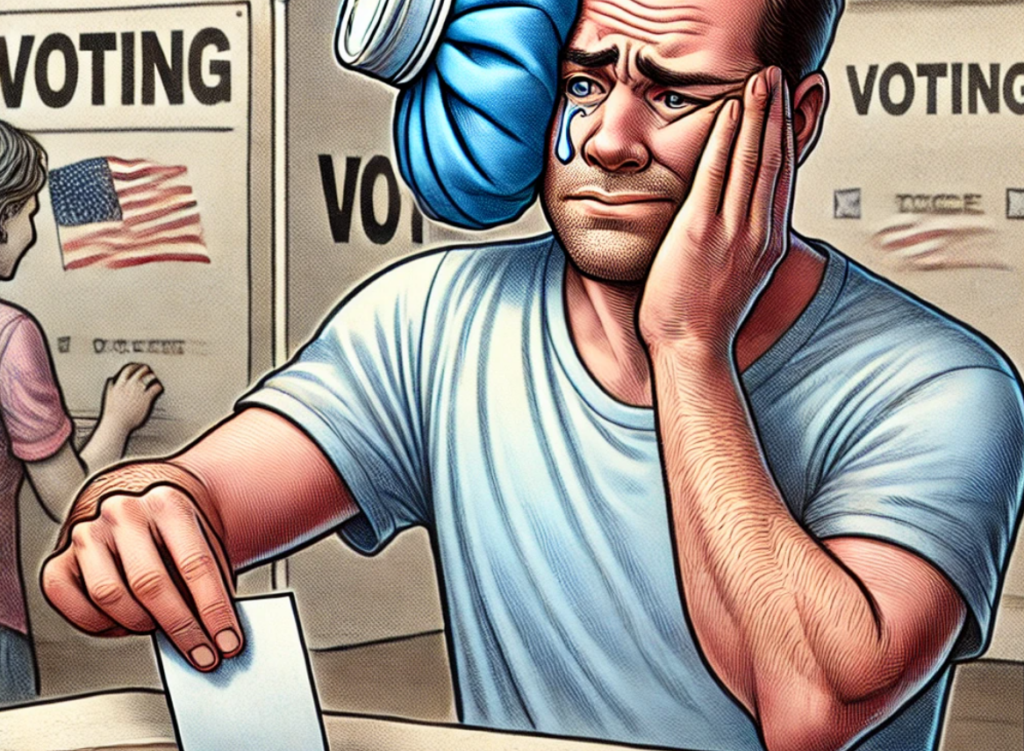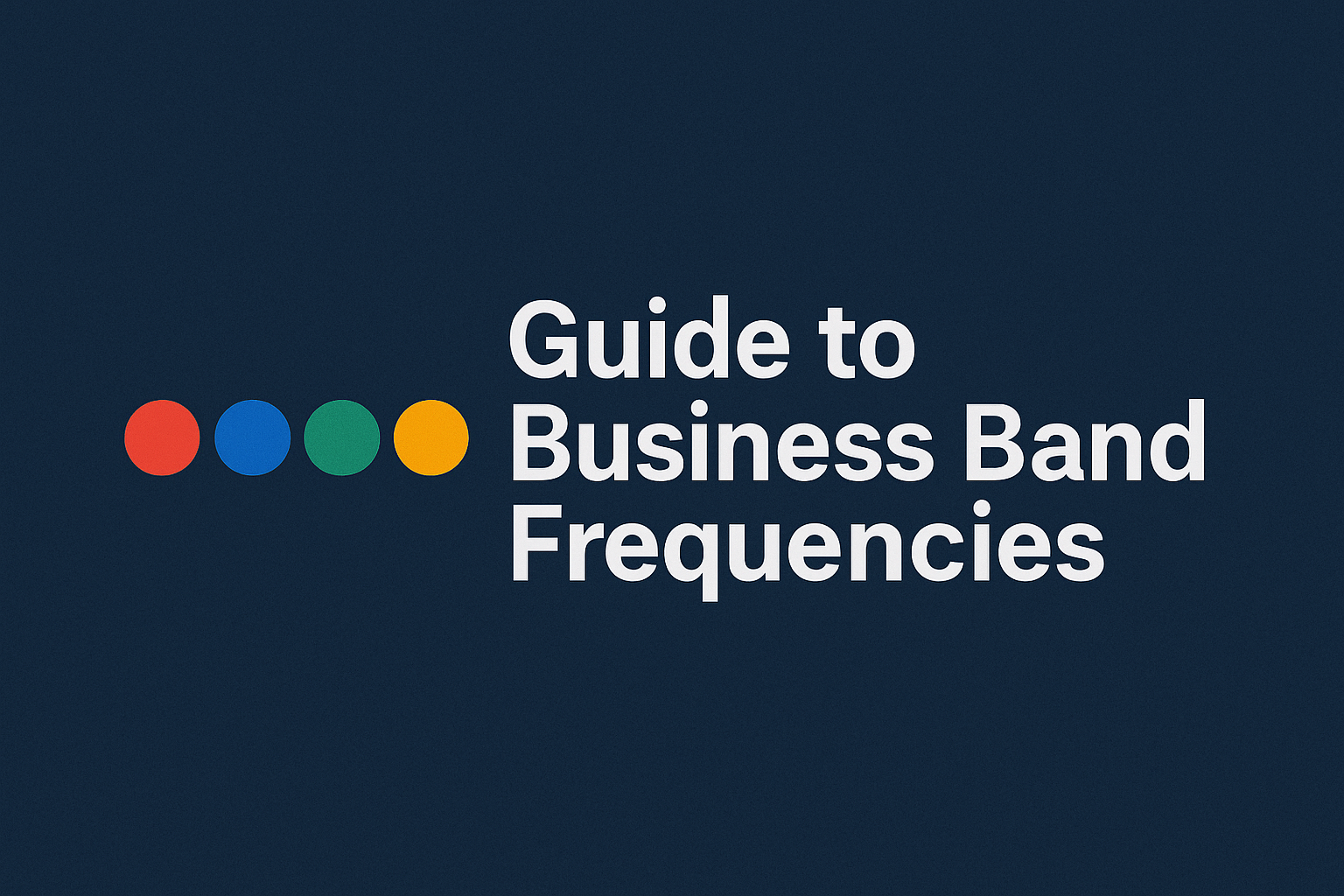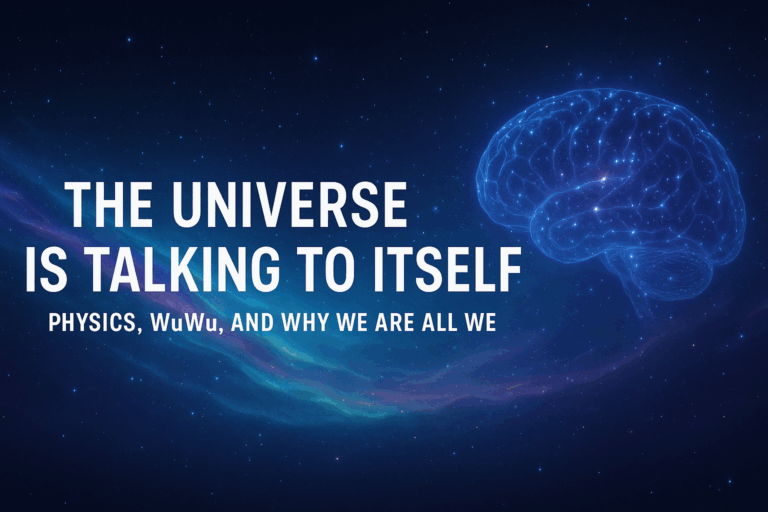
Every election season, we hear the same chorus: “If you don’t vote, you can’t complain.” But what if you’ve been voting, and things still feel… off?
What if voting starts to feel like choosing between two pre-approved options you don’t actually like — like being asked, “Would you prefer a mild concussion or a slow paper cut to the soul?”
For many, that’s exactly what politics has become: a carefully managed simulation of choice. The candidates change, but the outcomes stay eerily familiar. The promises sound bold, but the follow-through feels ghostly. You vote for hope and end up with more bureaucracy, more surveillance, more corporate loopholes, and fewer late-night fries that cost under $5.
We were told participation is power. But what happens when participation just feels like participation in a play where the ending was written years ago by people who don’t know your name?
Here’s the uncomfortable question: Does voting automatically equal representation? Or have we over-simplified the idea of “doing our civic duty” into a once-every-two-years checkbox exercise while ignoring that true power often operates behind closed doors, beyond the ballot box?
This isn’t about apathy — it’s about disillusionment. A quiet, growing realization that if every option on the menu is pre-cooked by lobbyists and consultants, maybe the problem isn’t that we’re not ordering. Maybe the problem is the menu.
So yeah, vote if it feels right. But also: ask questions. Build something local. Talk to real people. Help someone. Start a garden. Organize a potluck. Fix a bike. Teach a kid something cool. These might not be “political acts” — but they might change more than a checkbox ever could.


